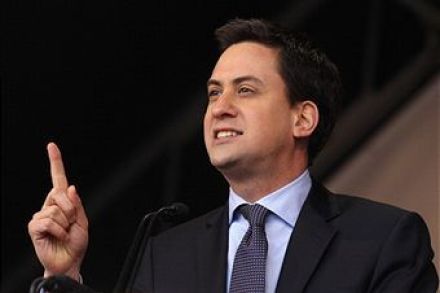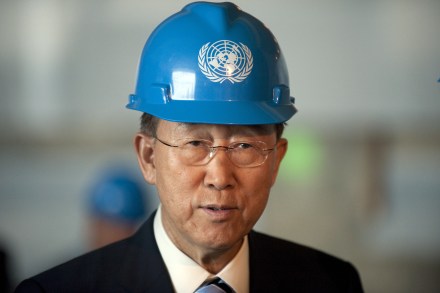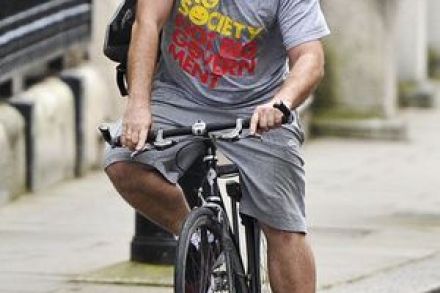Toughness, or at least the appearance of it, is clearly the theme of the week on Downing Street. After the vacillations over NHS reform, David Cameron seems to be going out of his way to sound that little bit more hard. There’s the headline on the front of today’s Times, for instance: “Cameron to Europe: not one penny more.” And there was the PM’s claim, yesterday, that a Tory majority government would be “tougher” on immigration and welfare. Even the recent hyperactivity of Michael Gove is, I’m sure, all part of the plan, given that schools reform is broadly one of the areas where the government will (probably) never apologise,


















